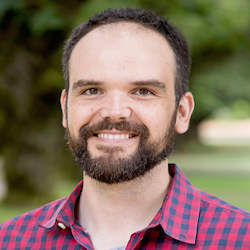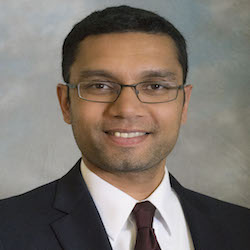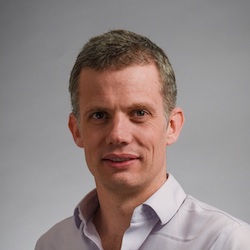Featured Speakers

Sean C. Bendall, PhD
Assistant Professor, Department of Pathology, Stanford University School of Medicine
Biography
An Assistant Professor in Pathology at Stanford, Sean specializes in the development of single-cell proteomic tools for the investigation of human systems. This includes pioneering single cell CyTOF mass cytometry and multiplexed ion beam imaging (MIBI). Sean’s work provided unparalleled granularity of understanding in multiple facets of human stem cell systems, hematopoiesis, and immunology. His lab continues to unravel both ‘healthy and dysfunctional’ human hematopoietic immune cell biology as well the cellular landscape of cognitive decline in the human brain. This has been recognized by Damon Runyon’s “Breakthrough Scientist” Award, ISAC President’s Award, and NIH “New Innovator” Award.

Darren Cusanovich
Research Assistant Professor & Assistant Research Scientist, University of Arizona
Biography
Darren Cusanovich’s lab studies how the human genome regulates itself to bring about all of the cellular diversity present in our bodies and how genetic variation and environmental exposures affect that regulation and sometimes lead to complex disease. To study these phenomena, we use single cell genomics technologies to evaluate the impact of genetic and environmental variability from the perspective of whole tissues rather than having to isolate individual cell types or use simplistic cellular models.

Jean Fan
Postdoctoral Fellow, Harvard University
Biography
Jean Fan is an NCI F99/K00 post-doctoral fellow at Harvard University with Dr. Xiaowei Zhuang. Dr. Fan previously completed her PhD in Bioinformatics and Integrative Genomics at Harvard Medical School with Dr. Peter Kharchenko in close collaboration with Dr. Catherine Wu, where her work has contributed to the understanding of the role of intra-tumoral heterogeneity in cancers such as chronic lymphocytic leukemia. She has also been at the forefront of devising statistical and computational methods for analyzing single-cell sequencing data, including methods to infer copy-number variations directly from single-cell transcriptomics data in order to connect intra-tumoral genetic heterogeneity with transcriptional heterogeneity at the single-cell level, which are available as open-source software.

Anoop Patel, MD
Assistant Professor of Neurosurgery, University of Washington
Biography
Anoop Patel is an Assistant Professor of Neurosurgery at University of Washington who focuses on the treatment of brain tumors. His clinical practice spans everything from benign skull base tumors to malignant disease, including gliomas and glioblastoma. His research efforts focus on understanding nongenetic sources of intratumoral heterogeneity, and how this heterogeneity impacts treatment resistance. His lab focuses on using single cell technologies to characterize patient tumors and to develop model systems for preclinical testing that reflect the heterogeneity seen in patients.

Hannah A. Pliner
Lead Data Scientist, Brotman Baty Institute for Precision Medicine
Biography
Hannah A. Pliner is the Lead Data Scientist for Single-cell Genomics at the Brotman Baty Institute for Precision Medicine in Seattle, Washington where she develops single-cell genomic analysis software. Hannah got her B.S. from Georgetown University and her Ph.D. in Genome Sciences from the University of Washington where she worked in Jay Shendure and Cole Trapnell’s labs on algorithms for modeling gene regulation and determining cell type from single-cell data. Prior to graduate school she worked in the Laboratory of Neurogenetics at the NIH to dissect the genetic etiology of neurodegenerative disease.

Peter Smibert
Manager, Technology Innovation, New York Genome Center
Biography
Dr. Peter Smibert leads the Technology Innovation Lab at the New York Genome Center. He performed his PhD research under Prof. Robert Saint at the Australian National University and studied mechanisms of post-transcriptional gene regulation during his post-doc with Dr. Eric Lai at Memorial Sloan-Kettering Cancer Center in New York. At NYGC his team, comprising bio-engineers and molecular biologists, develop novel tools in genomics. Most recently, the lab has focused on single cell genomics, with emphasis on tools obtaining multiple modalities of information from high-throughput single cell assays.


